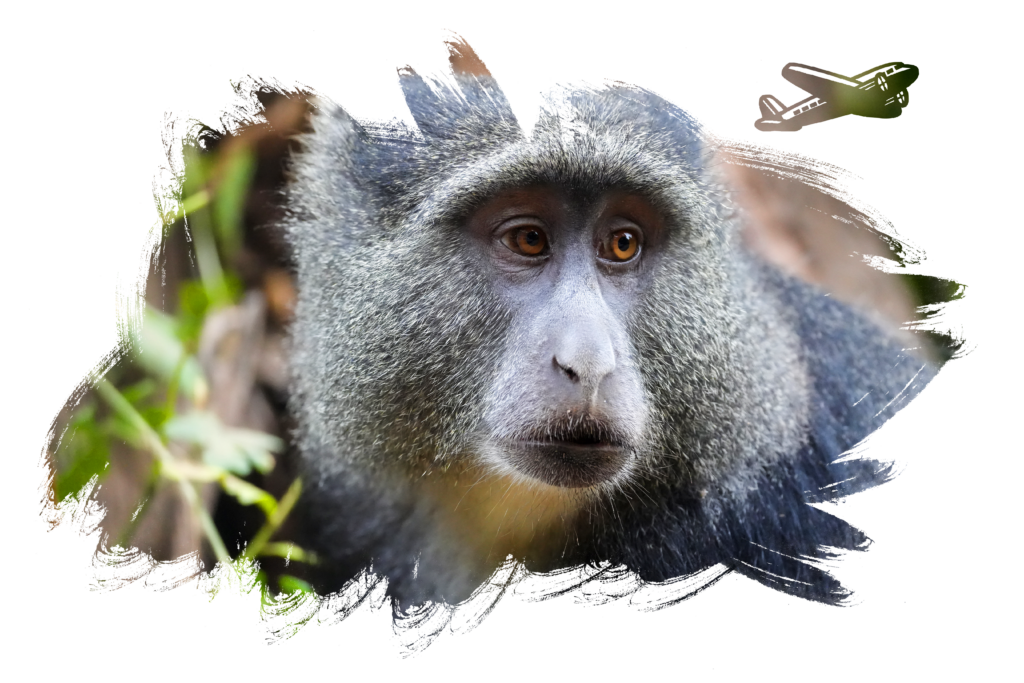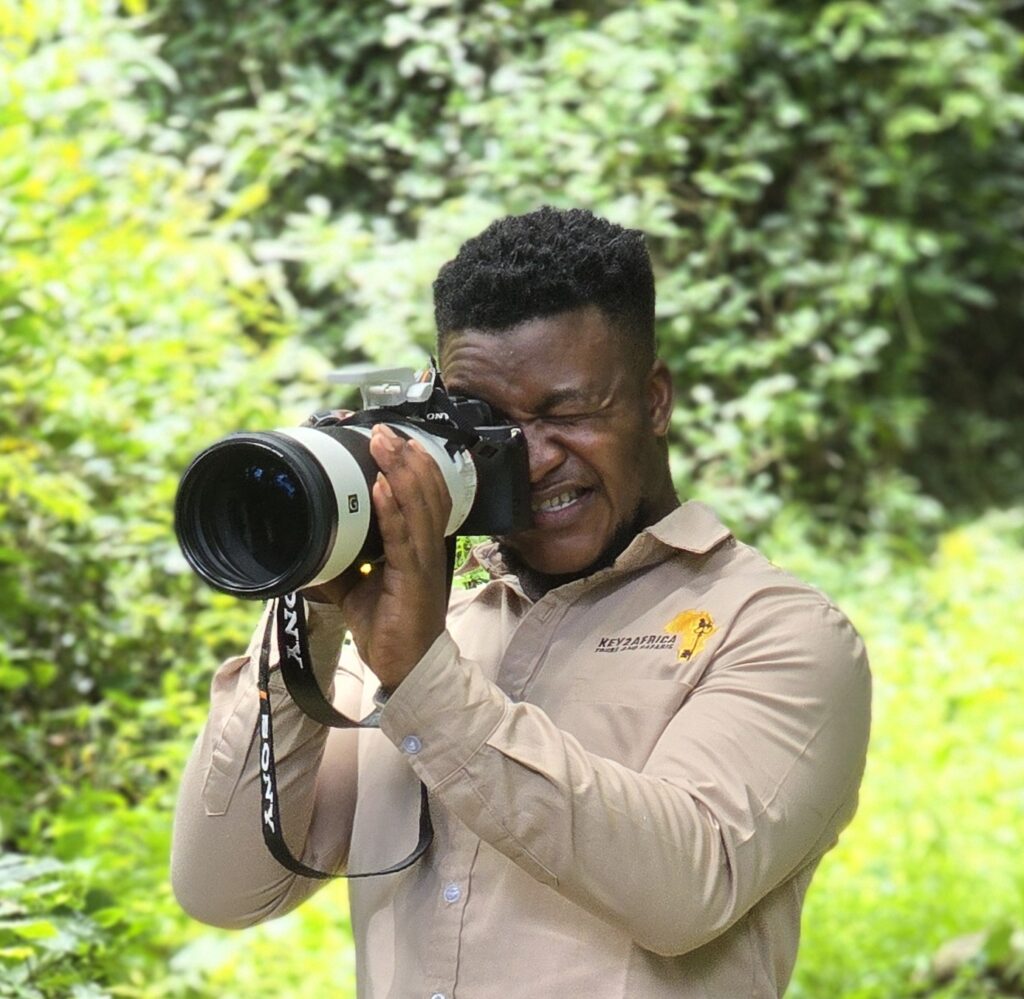Tarangire National Park
Tarangire National Park
Discover the untamed wonders of Tarangire National Park. With its vast plains, ancient baobab trees, and abundant wildlife, Tarangire offers a truly unique and unforgettable experience. In this article, we will delve into the secrets of this hidden gem, immersing ourselves in its breathtaking vistas and diverse fauna. As you step into Tarangire, you will be greeted by herds of majestic elephants, roaming freely across the savannah. The park is known for having the highest concentration of elephants in Tanzania, making it a photographer’s dream. Keep your eyes peeled for other iconic species such as lions, leopards, and buffalos, as they also call this park home. But it’s not just the big game that thrives in Tarangire. The park boasts a rich avian population, attracting bird enthusiasts from around the world. From colorful bee-eaters to magnificent raptors, birdwatching here is a delight for all nature lovers. So, join us as we venture deep into the heart of Tarangire National Park, a safari adventure awaits you like no other. Get ready to immerse yourself in the untouched beauty of this incredible destination.
Best Time To Visit Tarangire National Park
January
January is a great time to visit Tarangire National Park. The weather is warm and dry, and wildlife congregates around the Tarangire River, providing excellent game-viewing opportunities.
February
February continues the dry season, with wildlife sightings at their peak. The park is less crowded, allowing for a more intimate safari experience.
March
March marks the end of the dry season, with temperatures starting to rise. Wildlife viewing is still good, but the park can be dusty.
April
April marks the start of the wet season, with short rains bringing relief from the heat. The park is green and lush, but wildlife can be harder to spot due to the dense vegetation.
May
May is the peak of the wet season, with long rains and lush greenery. Wildlife is still present, but roads can become muddy and challenging to navigate.
June
June marks the start of the dry season, with cool temperatures and clear skies. Wildlife congregates around water sources, providing excellent game-viewing opportunities.
July
July continues the dry season, with wildlife sightings at their peak. The park is busy with tourists, so it’s advisable to book accommodations and safaris in advance.
August
August is a popular time to visit Tarangire National Park, with dry weather and excellent wildlife viewing opportunities. It’s also a great time for birdwatching.
September
September is similar to August, with dry conditions and abundant wildlife. The park is less crowded than earlier in the year, making it a great time for a safari.
October
October marks the end of the dry season, with temperatures starting to rise. Wildlife congregates around the remaining water sources, providing excellent game viewing.
November
November marks the start of the short rains, bringing relief from the heat. The park is green and lush, but wildlife can be harder to spot due to the dense vegetation.
December
December sees the continuation of the short rains, with the park becoming green and vibrant. Wildlife is still present, but roads can be muddy and challenging to navigate.
Safari packages in Tarangire National Park

Amani Mahewa
Online
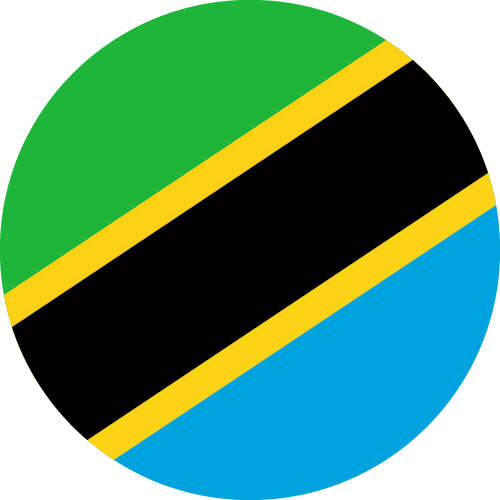
LOCATED IN TANZANIA
Want to plan a memorable Tanzanian adventure?
Contact us. We are always here to help
Activities In Tarangire National Park
Game Drives
Explore the park on a game drive, where you can spot a variety of wildlife, including elephants, lions, giraffes, and more. The park is known for its large elephant herds and iconic baobab trees.
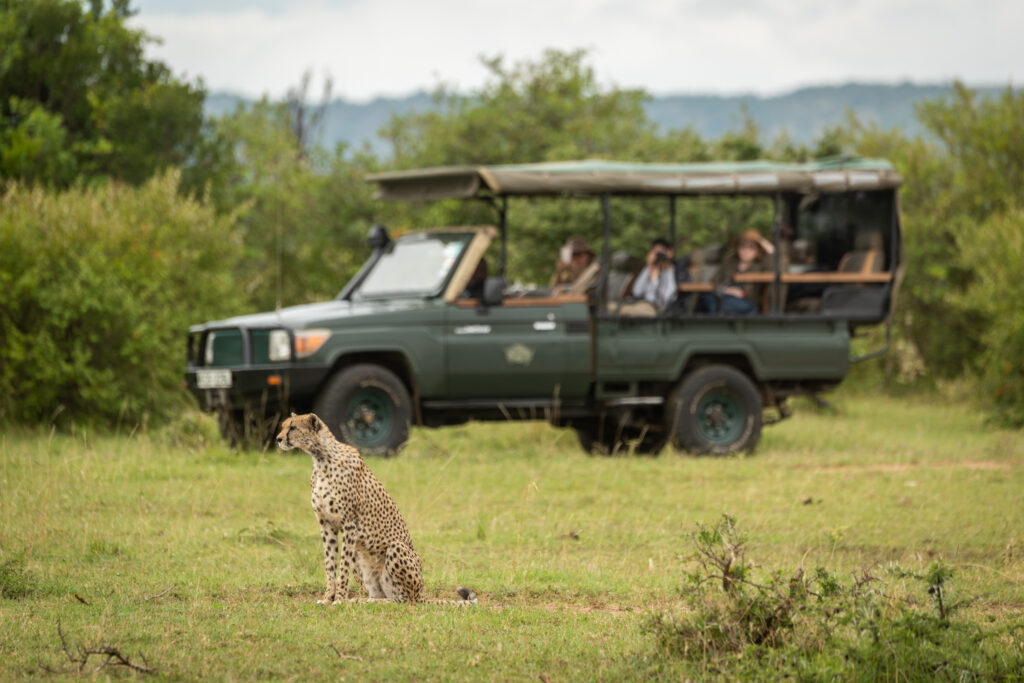

Walking Safaris
Take a guided walking safari to explore the park on foot and get closer to nature. Learn about the park’s flora and fauna from experienced guides and enjoy the tranquility of the bush.
Bird Watching
Tarangire is a birdwatcher’s paradise, with over 550 bird species recorded. Look out for the endemic Ashy starling, the colorful yellow-collared lovebird, and the iconic lilac-breasted roller.

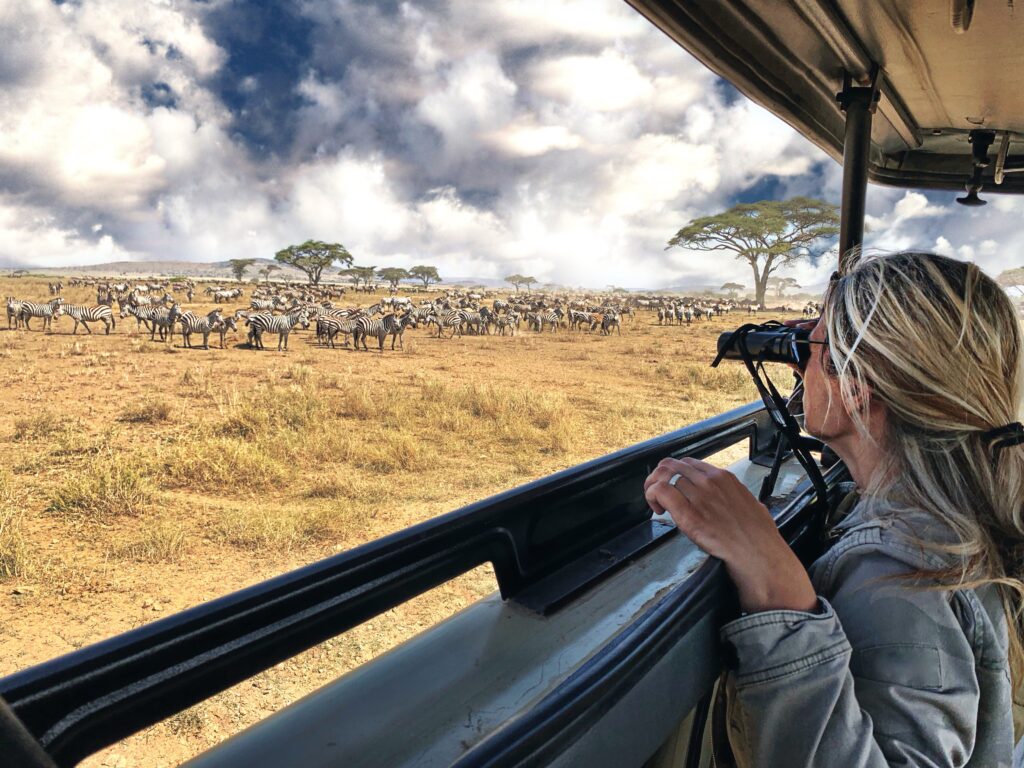
Photography Tarangire
Photography Tarangire offers incredible opportunities for photography, with stunning landscapes, diverse wildlife, and vibrant birdlife. Capture the beauty of the park on camera and create lasting memories of your safari experience.
Cultural Visits
Visit a local Maasai village to learn about their traditional way of life. Experience traditional dances, visit a local school, and learn about their sustainable farming practices.

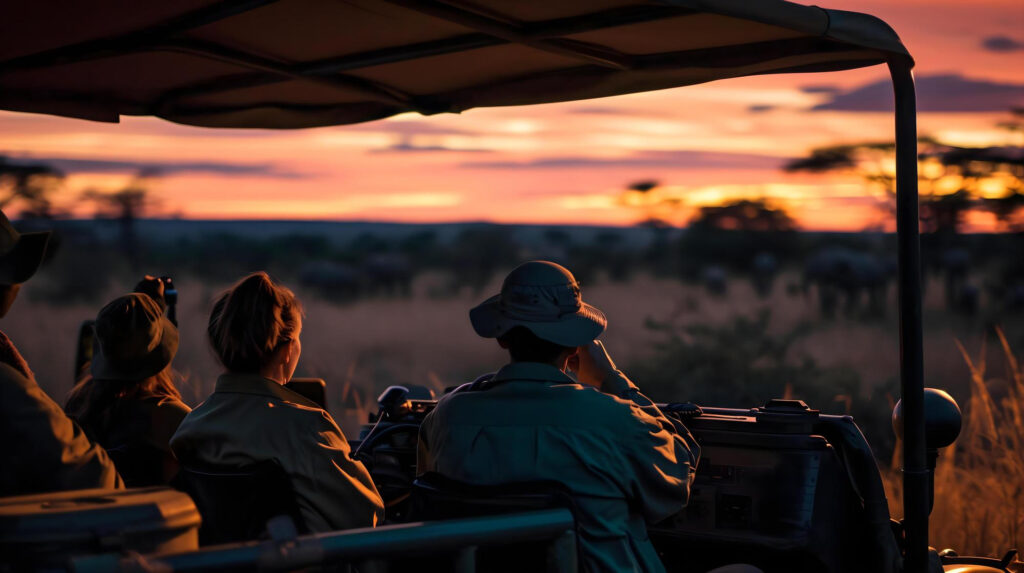
Night Game Drives
Experience the park’s nightlife on a night game drive, where you can spot nocturnal animals such as hyenas, genets, and bush babies. The park’s predators are also more active at night, providing a thrilling experience.
Balloon Safaris
Experience the park from the air on a hot air balloon safari. Enjoy breathtaking views of the park’s landscapes and wildlife from above for a truly memorable experience.
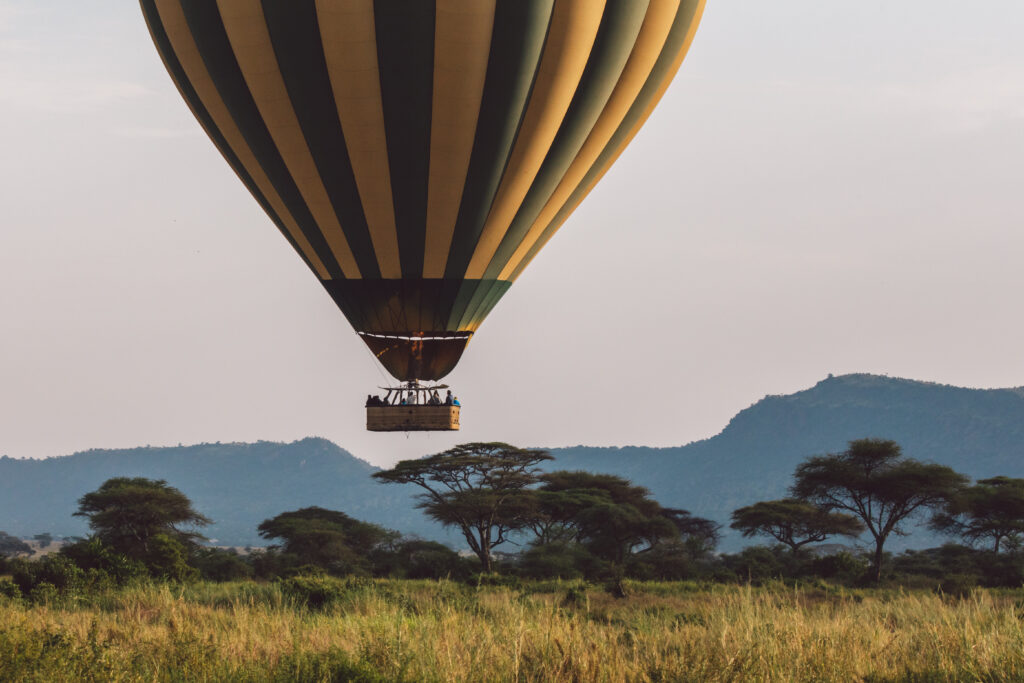

Picnicking
Enjoy a picnic at one of the designated picnic sites in the park. Relax and take in the stunning scenery while enjoying a meal surrounded by nature.
Bush Walks
Take a guided bush walk to explore the park on foot and get a closer look at the smaller flora and fauna that are often missed on game drives.
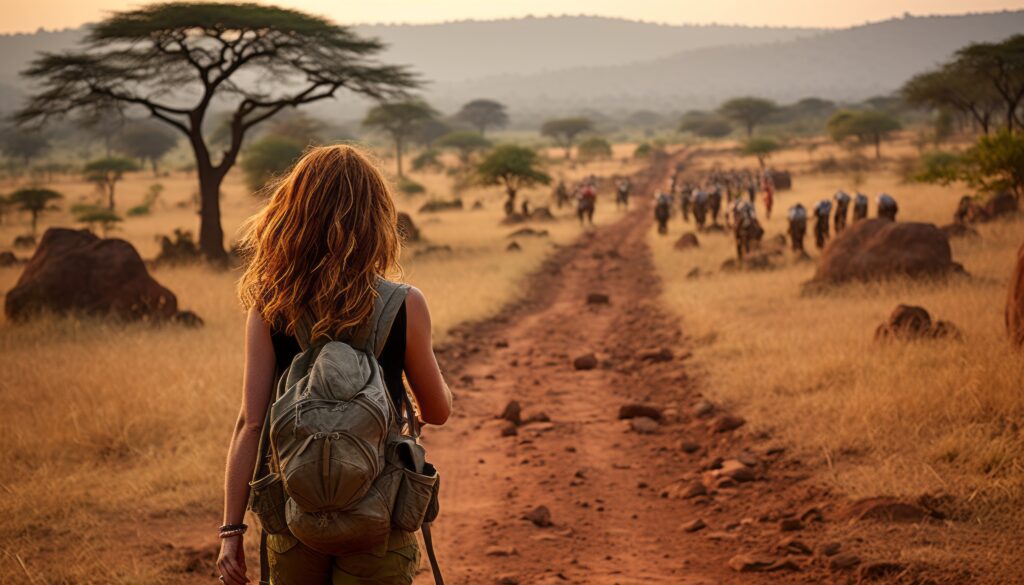
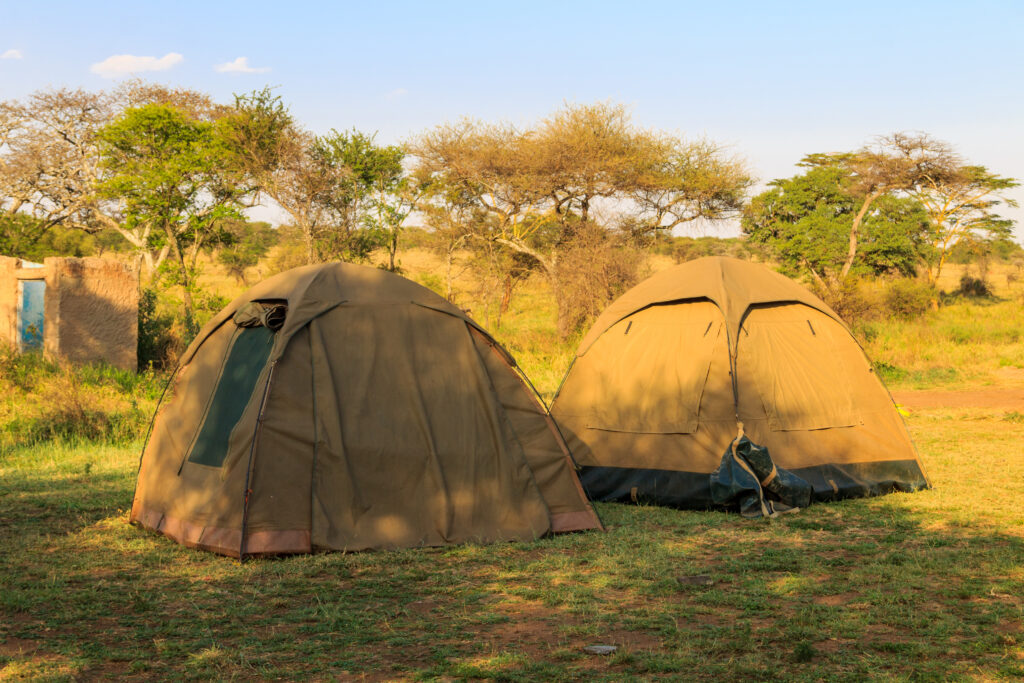
Camping
Spend a night under the stars at one of the park’s campsites. Enjoy the sounds of the bush around you and wake up to the sight of wildlife grazing nearby.
Frequently Asked Questions about the Tarangire National Park
What Animals Can Be Found In Tarangire National Park?
Tarangire National Park is known for its large elephant herds, but it is also home to a variety of other wildlife, including lions, leopards, cheetahs, giraffes, zebras, and various antelope species.
What Is The Best Time Of Year To Visit Tarangire National Park?
The best time to visit Tarangire National Park is during the dry season, from June to October, when wildlife congregates around the Tarangire River, providing excellent game viewing opportunities.
Can I Stay Overnight In Tarangire National Park?
Yes, there are several accommodation options within Tarangire National Park, including lodges and campsites. Staying overnight allows you to experience the park’s wildlife and landscapes at different times of day.
Are There Any Cultural Experiences Available In Tarangire National Park?
Yes, visitors to Tarangire National Park can experience the local Maasai and Barabaig cultures by visiting nearby villages. Here, you can learn about their traditional way of life, including their homes, livestock, and customs.
How Do I Get To Tarangire National Park?
Tarangire National Park is located in northern Tanzania and is accessible by road from major cities like Arusha and Dar es Salaam. The nearest airport is in Arusha, from where you can take a road transfer to the park.
What Is The Entrance Fee For Tarangire National Park?
The entrance fee for Tarangire National Park varies depending on your nationality and whether you are visiting as a day visitor or staying overnight. It is advisable to check the current fees before your visit.
Are There Any Restrictions On Visiting Tarangire National Park?
Visitors to Tarangire National Park are required to follow park rules and regulations, including staying on designated roads and not disturbing wildlife. Additionally, some areas may be off-limits to visitors to protect sensitive habitats.
Is It Possible To See The Great Migration In Tarangire National Park?
While Tarangire National Park is not part of the main route of the Great Migration, it is possible to see some migratory herds, especially during the dry season when animals may move in search of water and grazing land.
What Activities Are Available In Tarangire National Park?
Tarangire National Park offers a range of activities, including game drives, walking safaris, bird watching, and cultural visits. Visitors can also enjoy photography, night game drives, and hot air balloon safaris in the park.

